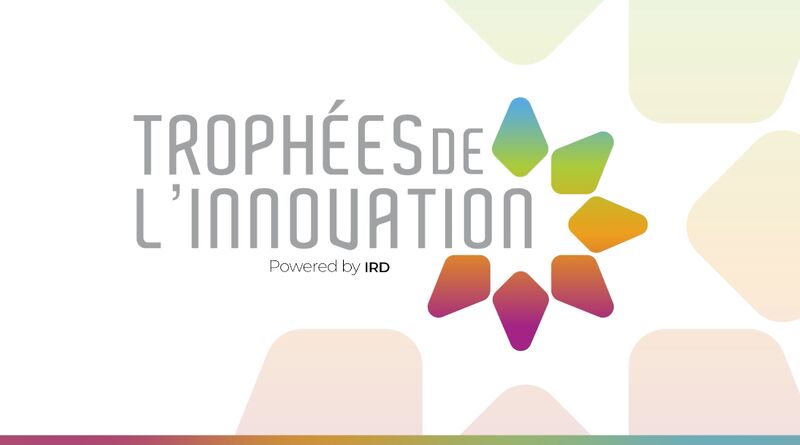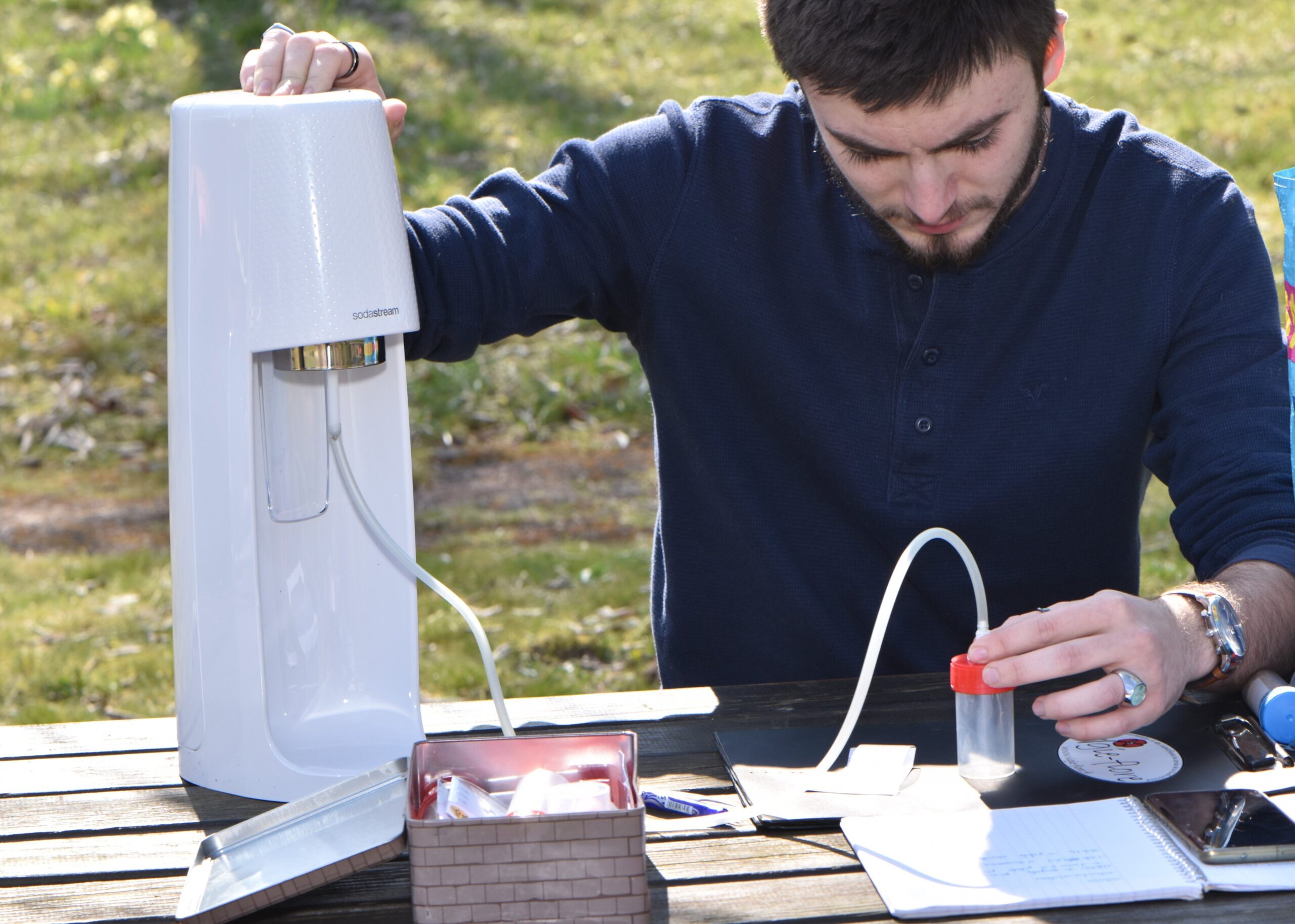The names of the nine nominees have been revealed by the science and innovation juries. Discover their profiles and projects. Three winners, one per region, will be rewarded for their impactful and innovative projects. Among them, Ratha Muon PhD student from iEES Paris. The selected projects focus on research themes that address societal challenges supported […]
Lire la suite / Read more








